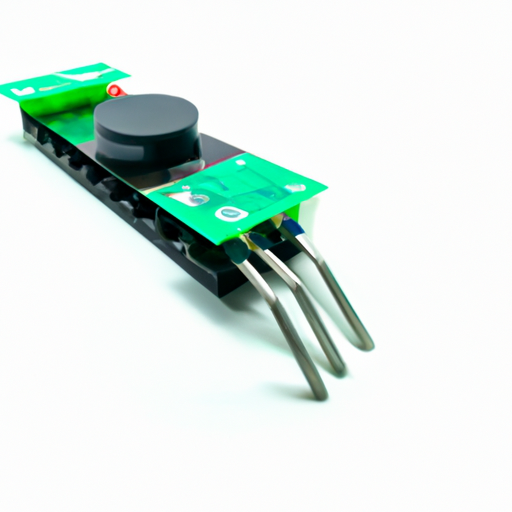Fixed electrical sensors are an essential component in various industries, including manufacturing, automotive, aerospace, and healthcare. These sensors play a crucial role in detecting and measuring various parameters such as temperature, pressure, proximity, and motion. To ensure the reliability and accuracy of fixed electrical sensors, it is essential to adhere to specific product standards. In this article, we will discuss the product standards for fixed electrical sensors and why they are important.

One of the most important product standards for fixed electrical sensors is accuracy. Sensors must be able to measure the desired parameter with a high degree of precision to ensure the reliability of the data they provide. The accuracy of a sensor is typically expressed as a percentage of the full-scale reading, and manufacturers must ensure that their sensors meet the specified accuracy requirements.
Another critical product standard for fixed electrical sensors is reliability. Sensors must be able to operate consistently and predictably over an extended period without failure. This is especially important in applications where sensor failure could lead to safety hazards or costly downtime. Manufacturers must conduct rigorous testing to ensure that their sensors meet reliability standards and can withstand harsh operating conditions.
In addition to accuracy and reliability, fixed electrical sensors must also meet safety standards. Sensors that are used in hazardous environments, such as those with explosive gases or flammable liquids, must comply with specific safety regulations to prevent accidents and ensure the well-being of workers. Safety standards for sensors may include requirements for explosion-proof enclosures, intrinsically safe designs, and protection against electrical hazards.
Quality is another essential product standard for fixed electrical sensors. Manufacturers must adhere to strict quality control processes to ensure that their sensors meet the highest standards of workmanship and performance. This includes using high-quality materials, conducting thorough testing, and implementing robust quality assurance procedures. By meeting quality standards, manufacturers can ensure that their sensors are durable, reliable, and long-lasting.
Compatibility is also a crucial product standard for fixed electrical sensors. Sensors must be designed to work seamlessly with other components and systems, such as controllers, data acquisition systems, and communication networks. Manufacturers must ensure that their sensors meet compatibility standards to facilitate easy integration and interoperability with existing infrastructure.
In conclusion, product standards for fixed electrical sensors are essential for ensuring the performance, safety, and quality of these critical components. By adhering to accuracy, reliability, safety, quality, and compatibility standards, manufacturers can produce sensors that meet the needs of various industries and applications. Compliance with product standards not only benefits manufacturers by ensuring the quality of their products but also benefits end-users by providing them with reliable and safe sensors for their applications. Adherence to product standards is crucial for the continued advancement and innovation of fixed electrical sensors in the modern industrial landscape.





